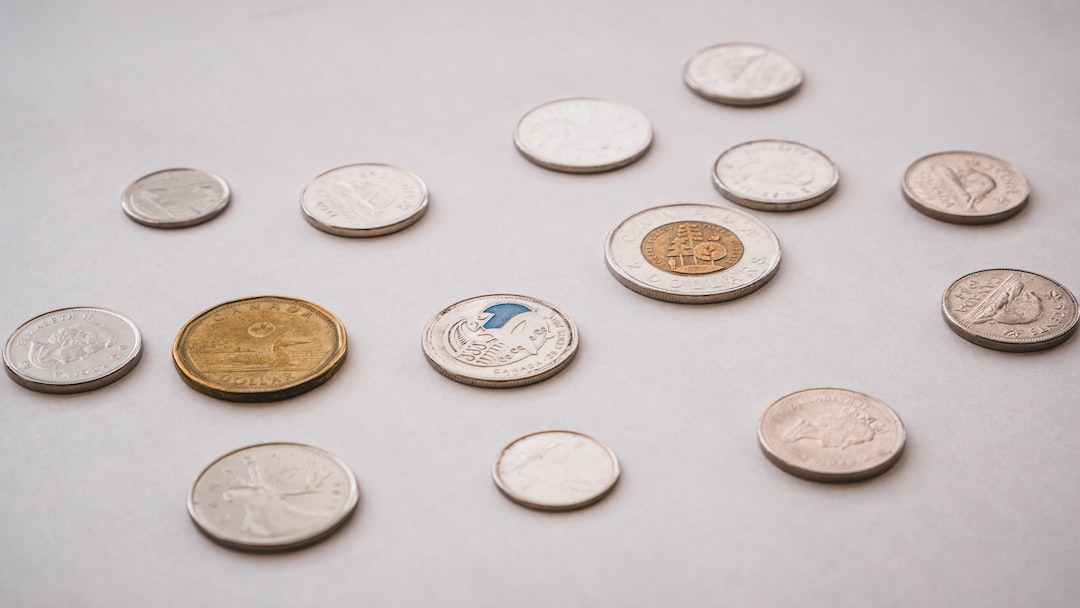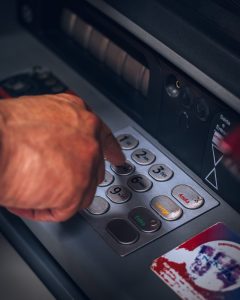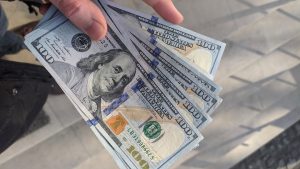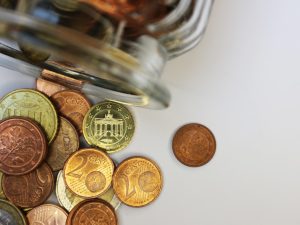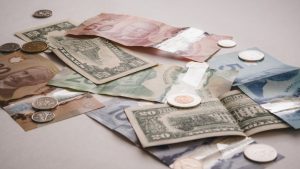Forex, or foreign exchange, is the largest and most liquid market in the world, with an estimated daily turnover of over $5 trillion. The forex market is open 24 hours a day and is used by a variety of participants, including central banks, commercial banks, corporations, hedge funds, retail traders, and governments. In this article, we will discuss the biggest forex players and their role in the market.
1. Central Banks
Central banks, such as the Federal Reserve, the European Central Bank, and the Bank of Japan, are the most influential players in the forex market. They are responsible for setting monetary policy and regulating the money supply in their respective countries. Central banks also have the power to intervene in the forex market, buying or selling currencies to stabilize their exchange rates or to achieve other economic objectives. The actions of central banks can have a significant impact on currency prices and are closely monitored by traders and investors.
2. Commercial Banks
Commercial banks are the second-largest players in the forex market. They engage in forex trading to facilitate international trade and to hedge against currency risks. Commercial banks also provide liquidity to the market by buying and selling currencies to meet the demands of their clients. They have access to the interbank market, where they can trade with other banks and financial institutions. Their large volumes of trades can affect currency prices and market sentiment.
3. Hedge Funds
Hedge funds are private investment funds that use a variety of strategies to generate returns for their investors. They are among the most active participants in the forex market, trading large volumes of currencies in pursuit of profit. Hedge funds can leverage their trades, meaning they can borrow money to increase the size of their positions. This makes them a powerful force in the forex market, as their trades can move currency prices in one direction or another.
4. Corporations
Corporations engage in forex trading to manage their exposure to currency risks. For example, a company that exports goods to another country may need to convert its earnings from the foreign currency back into its home currency. Currency fluctuations can significantly impact the company’s profits, so they use forex trading to hedge against these risks. Large corporations can have a significant impact on the forex market, as their trades can be substantial and have a ripple effect on currency prices.
5. Retail Traders
Retail traders are individual investors who trade forex through online brokers. They make up a small percentage of the overall forex market, but their numbers are growing rapidly. Retail traders use leverage to increase their trading power, but this also increases their risk of losses. Retail traders are often drawn to the forex market because of its high liquidity, 24-hour trading, and the potential for high profits. However, many retail traders fail to make money and lose their entire investments.
Conclusion
The forex market is a complex and dynamic ecosystem, with a variety of players operating within it. The biggest forex players include central banks, commercial banks, hedge funds, corporations, and retail traders. Each of these groups has a unique role in the market, and their actions can have a significant impact on currency prices and overall market sentiment. Understanding the role of these players is essential for anyone looking to trade forex successfully.

